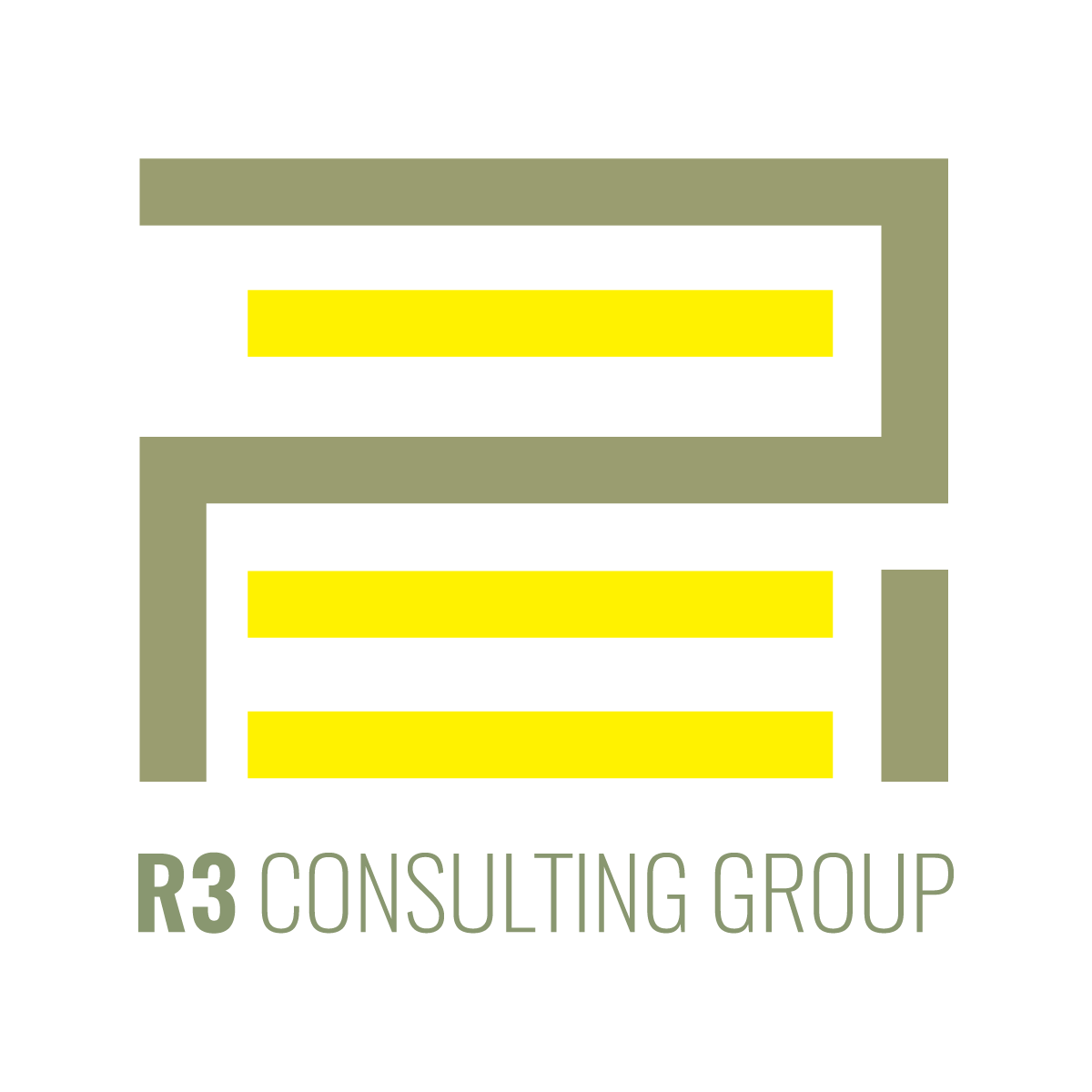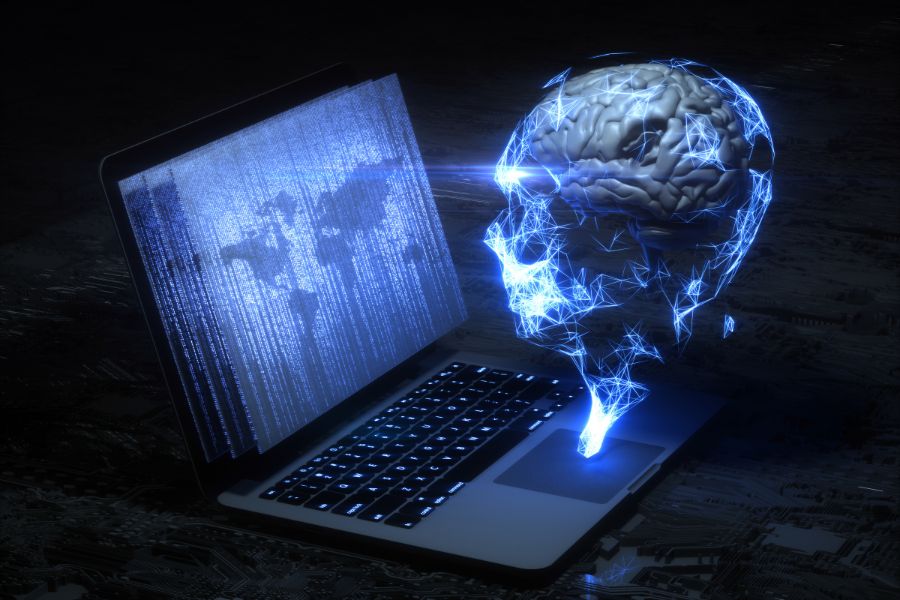In the rapidly expanding realm of artificial intelligence (AI), it’s crucial to address the potential risks tied to its widespread adoption.
AI comes with substantial dangers, ranging from job displacement to security and privacy concerns. Raising awareness of these issues is pivotal for initiating discussions about the legal, ethical, and societal ramifications of AI.
Here’s a rundown of the key AI risks:
-
Lack of Transparency Complex AI systems, especially deep learning models, often lack transparency, making their decision-making processes and logic obscure. This opacity can lead to distrust and reluctance in embracing these technologies.
-
Bias and Discrimination AI systems can inadvertently reinforce societal biases due to skewed training data or algorithmic design. Developing unbiased algorithms and diverse training datasets is crucial to ensuring fairness.
-
Privacy Concerns AI frequently handles substantial amounts of personal data, raising concerns about privacy and security. Stringent data protection regulations and secure data handling practices are vital to alleviate these risks.
-
Ethical Dilemmas Embedding ethical values into AI systems, especially in high-stakes decision-making, poses significant challenges. Prioritizing ethical implications is essential to avert negative societal impacts.
-
Security Risks As AI advances, so do potential security risks and misuse. Malicious actors can exploit AI to develop more sophisticated cyberattacks, potentially compromising systems.
-
Dominance of Few If AI development is monopolized by a few large entities, inequality and limited diversity in AI applications could arise. Encouraging collaborative AI development is essential to prevent power centralization.
-
Human Skill Erosion Overreliance on AI systems may erode human creativity and intuition. Striking a balance between AI-assisted decision-making and human input is key.
-
Workforce Displacement AI-driven automation may lead to job losses, primarily affecting low-skilled workers. Upskilling and adapting to changing workforce demands are critical.
-
Widened Wealth Gap AI could exacerbate economic inequality, benefiting the wealthy disproportionately. Promoting economic equity through inclusive AI development and supportive policies is essential.
-
Legal and Regulatory Gaps New legal frameworks are necessary to address AI-specific issues like liability and intellectual property rights.
-
Global AI Race The risk of an AI arms race among countries could lead to hasty, potentially harmful AI development.
-
Human Disconnect Excessive reliance on AI-driven communication might diminish human empathy and social skills.
-
Misinformation and Manipulation AI-generated content, such as deepfakes, contributes to the spread of false information and manipulation of public opinion.
-
Unexpected Outcomes Complex AI systems might exhibit unexpected behaviors with unforeseen outcomes.
-
Existential Threats The development of AGI raises concerns about AI systems that surpass human intelligence and their potential unintended consequences.
Navigating these AI risks requires a collaborative effort among researchers, developers, and policymakers to ensure AI serves humanity’s best interests while minimizing potential harms.
Trust R3 Consulting Group to be your partner in educating with the truth about technological advances and protecting your digital assets.

